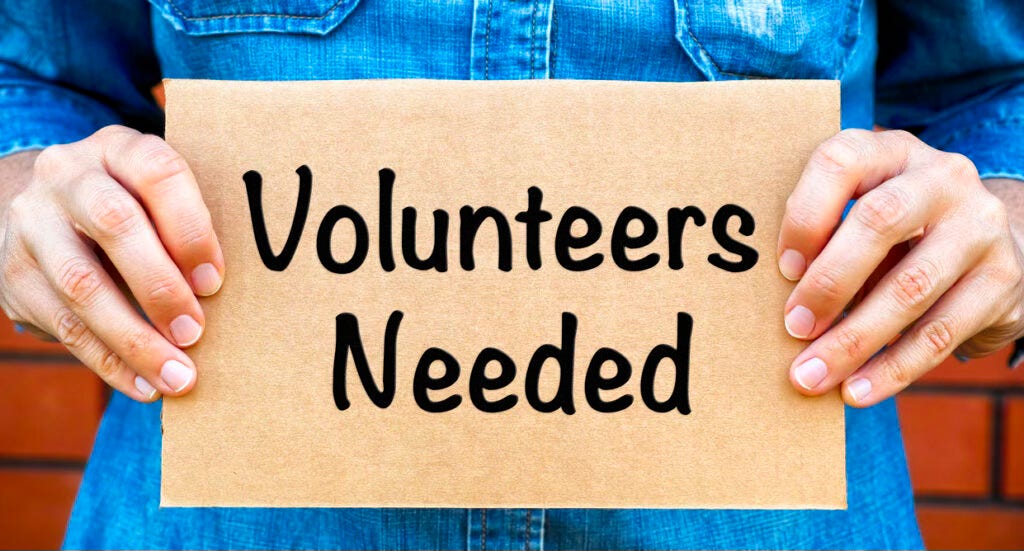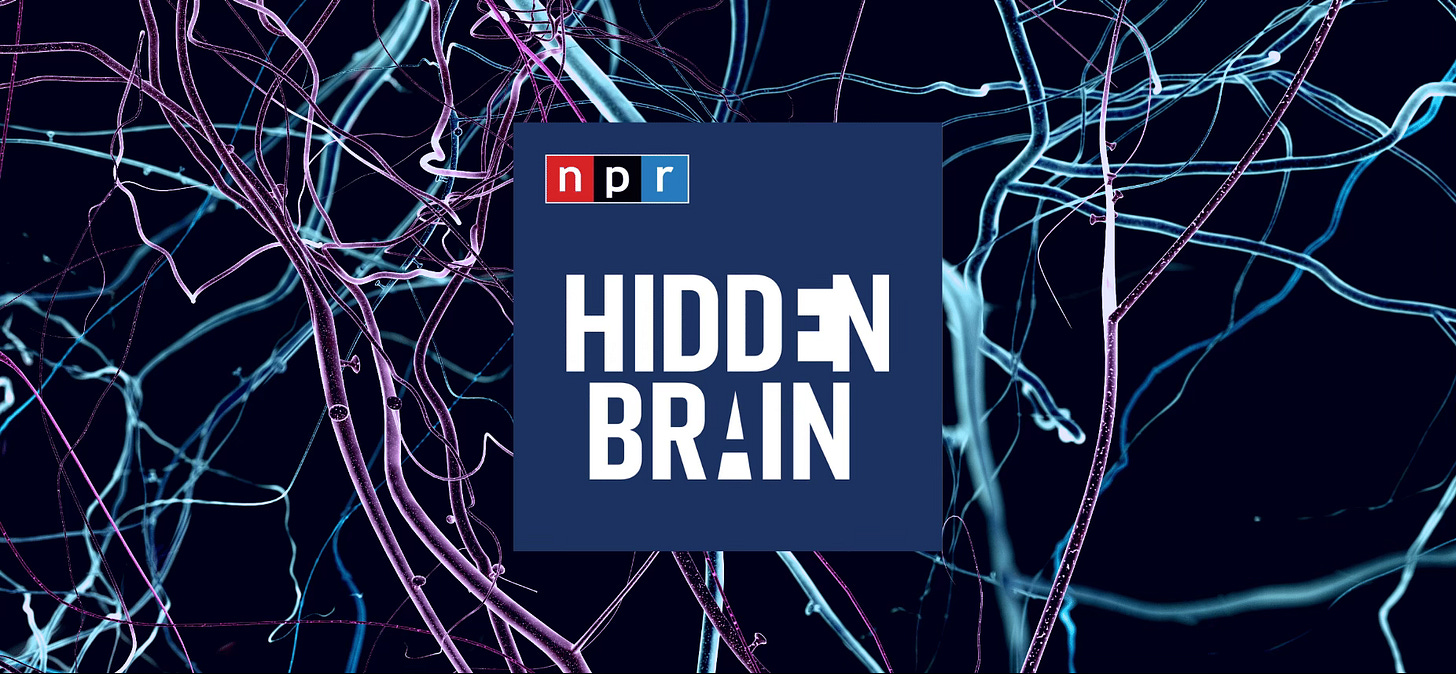By Steve Schear
On a sunny Sunday in Ohio, the importance of community hit me hard. I picked up Chad, a young Republican, at his fraternity house next to the Muskegum University campus. We drove winding two-lane roads to a modest white wooden structure with a large parking lot flanked by fields. When we walked through the doors of the Baptist Church, several people greeted Chad enthusiastically. The warmth in the room was palpable.
During that trip to Ohio, while researching Republicans’ political views, I saw firsthand how Chad’s church provides its members with a real sense of belonging to a like-minded group. And I saw how valuable that is.
Most people I know in the Bay Area do not have that kind of consistent community and they aren’t inclined to join a church to find it. We do our work in the world, connecting with individuals, in solidarity, or sometimes in small groups. As a free-lance activist, I tend to work alone, researching and writing. When canvassing, I am often alone. When I knocked on doors through groups like “Seed the Vote” or “Working America,” it was only a part-time temporary affiliation. Only recently have my political activities brought me what all of us need — a sense of community.
A “Hidden Brain” Revelation
During a recent “Hidden Brain” podcast, a psychologist talked about how most humans want agency and communion. Agency, he explained, is the feeling that we are having an impact on what happens in the world. Communion is the feeling that we are connected to a larger group of people, part of a community. As I listened, it occurred to me that agency and community are exactly what political activism offers. Working together to make our country and our planet safer and more humane is deeply satisfying. So is the experience of belonging to a community of like-minded people. After all, most activists on our side are great people and fun to be around.
This lesson was reinforced last year when, Susan Labandibar, head of Swing Blue Alliance, invited me to work with her on a couple of projects. She also introduced me to a number of other groups. Through working with Susan and others, I have learned that political activism can provide a sense of community that is otherwise lacking in our lives.
Using Agency and Community to Recruit Volunteers
A few weeks after the “Hidden Brain” podcast, I went to Arizona to canvass. The importance of agency and community was fresh in my mind so I decided to try those concepts to recruit volunteers.
When I rang the bell at Vicki’s house in the Rita Ranch subdivision of Tucson, I only knew her name, address, and party registration — Democratic. A forty-something woman with purple hair answered the door with a broad smile. When I told her I was gathering signatures on a petition to put a right to abortion on the ballot, she was eager to sign. Vicki told me she didn’t mind taking a break from her work on programs for electronic health records for the government of Northern Ireland. She liked her work because it made her feel like she was contributing something to the world. Agency again.
When I told her about “Hidden Brain,” and how activism provides both agency and communion, Vicki volunteered to work with the LD17 Democratic Committee. She filled out a form with her contact info and I went happily on my way.
The next day in the same neighborhood, I met Loma, a sixty-something woman who seemed greatly curious as I approached. Loma had already signed the abortion access petition, but we chatted. I could see she was on the same political wave-length, so I told her about “Hidden Brain,” and about agency and community. She told me that she belonged to a Buddhist group that was sort of her community, but she also volunteered with LD17.
We Can Expand Our Numbers If We Try
Most of us do political work out of duty, altruism, fear, or necessity. We believe that we need to give of ourselves for the greater good. I enjoyed my political work, but “Hidden Brain” taught me that volunteering for political work does more than protect our future. It also provides a tremendous benefit to those who participate in our struggle. Merely by explaining how volunteering enriches our lives, we can motivate people, moving them beyond an intelligent understanding of events and into activism.
Of course, it takes a lot more than getting someone to fill out a volunteer form to successfully recruit volunteers. We need to follow-up, preferably promptly, to learn each volunteer’s interests and what they are open to doing. Invitations to social events can bring new volunteers into the fold, but it may take multiple contacts to get a new recruit to move into activism. And a basic plan for recruiting and retaining volunteers can help an organization expand its numbers. The Grassroots Connector will have future articles with more ideas about volunteer recruitment.
To sum up, those of us who are deeply involved volunteers can appreciate what we have. And by expressing that appreciation to others, by talking about the benefits of agency and community that flow from our work, we may move them to join us, making us more powerful than ever.









Love this and plan to listen to the "Hidden Brain" podcast on my walk this morning. Thank you. To those who may be in Texas, looking for ways to get more folks voting, I've put together this (there's something for everybody) handy list of suggestions: https://docs.google.com/document/d/1VcHgVEw__Yh_7j-FWoUt3jpWe4TsJl0V/edit?usp=sharing&ouid=101527070974081088657&rtpof=true&sd=true